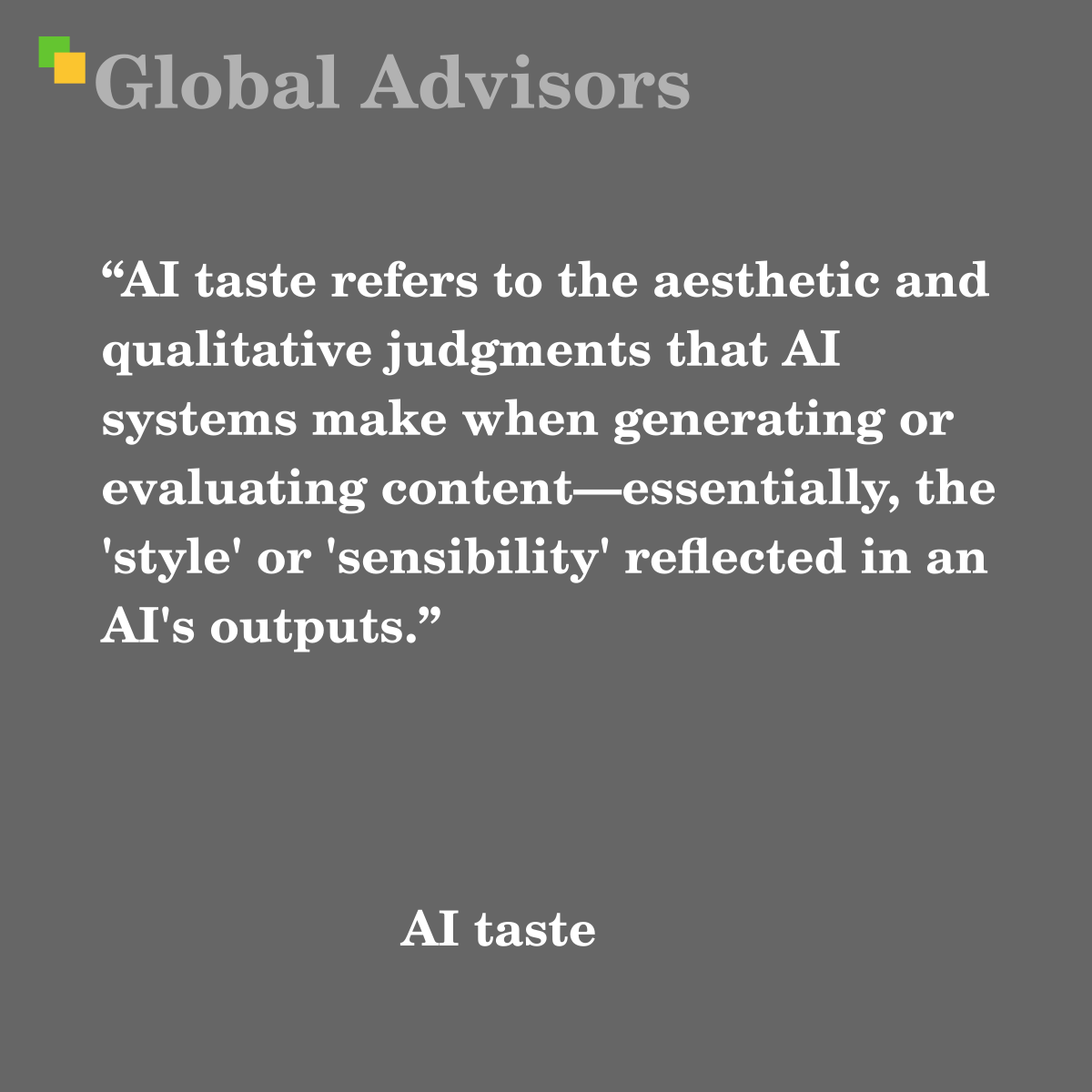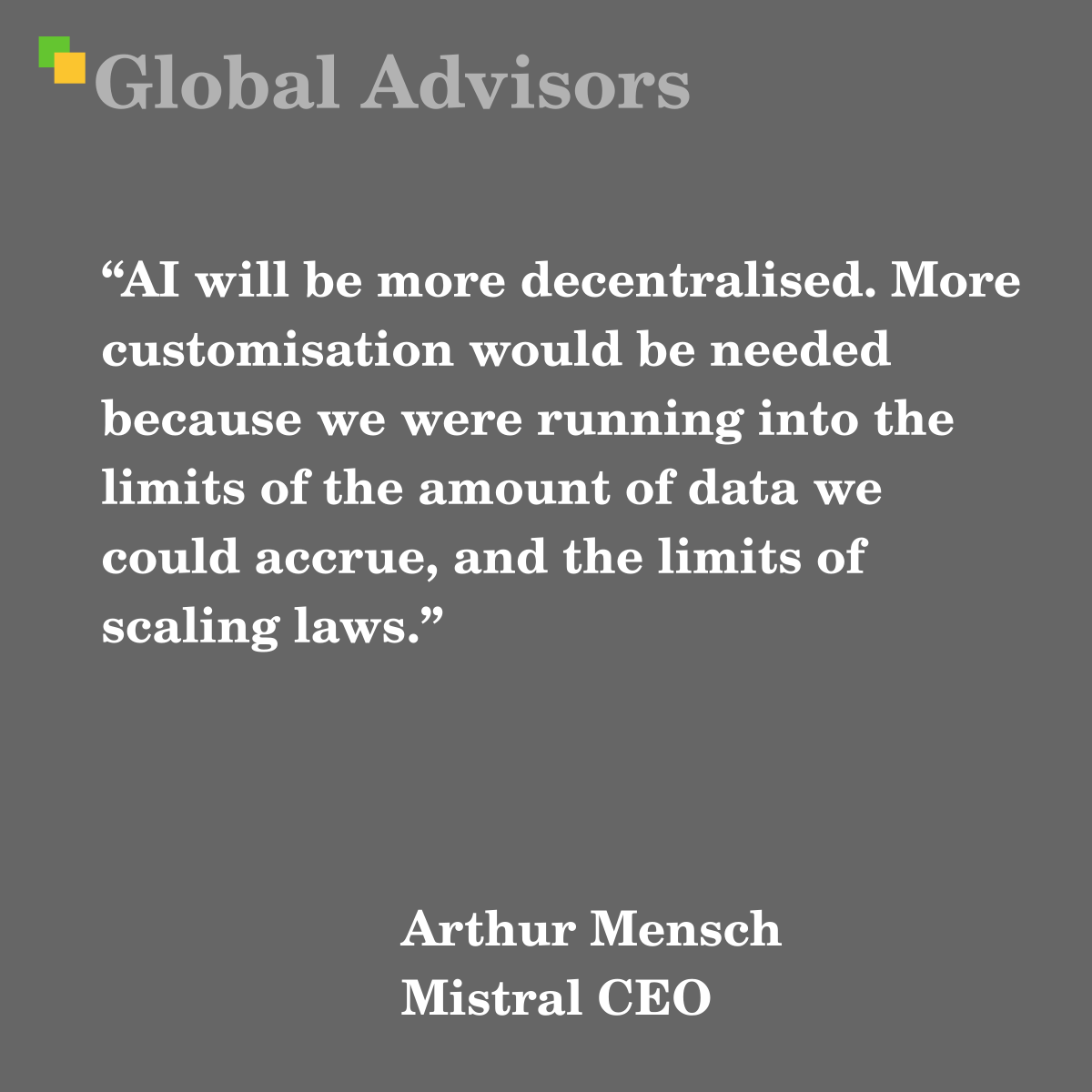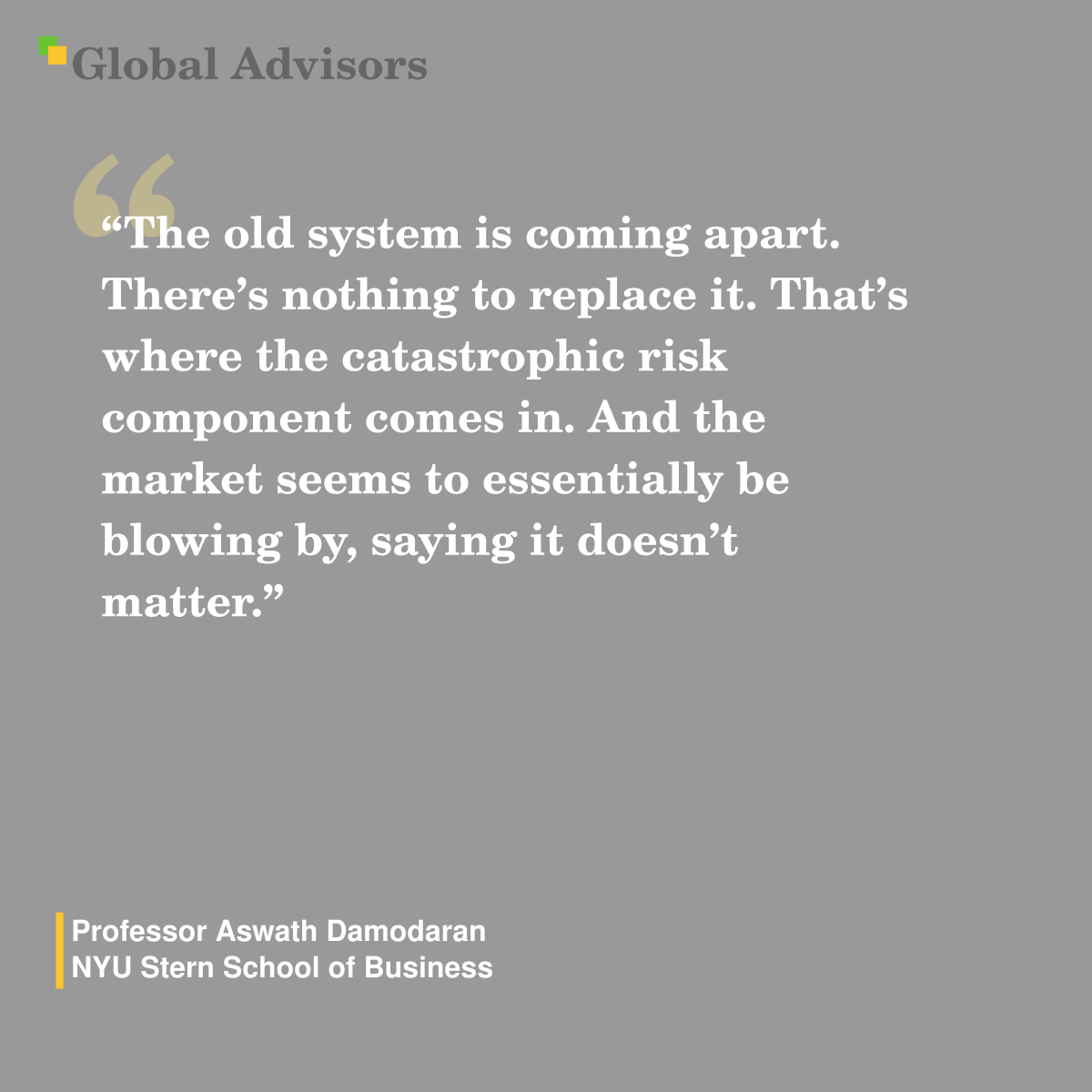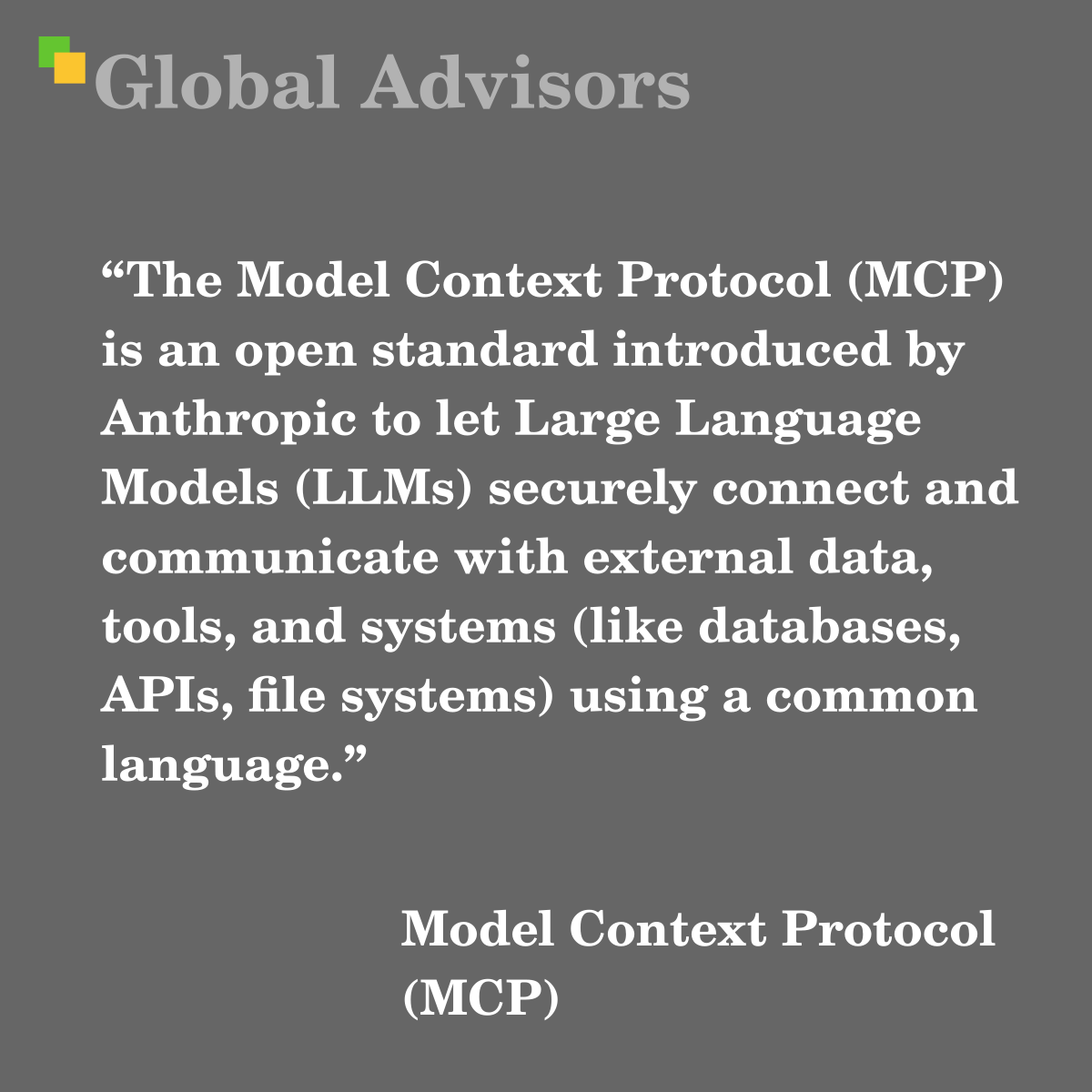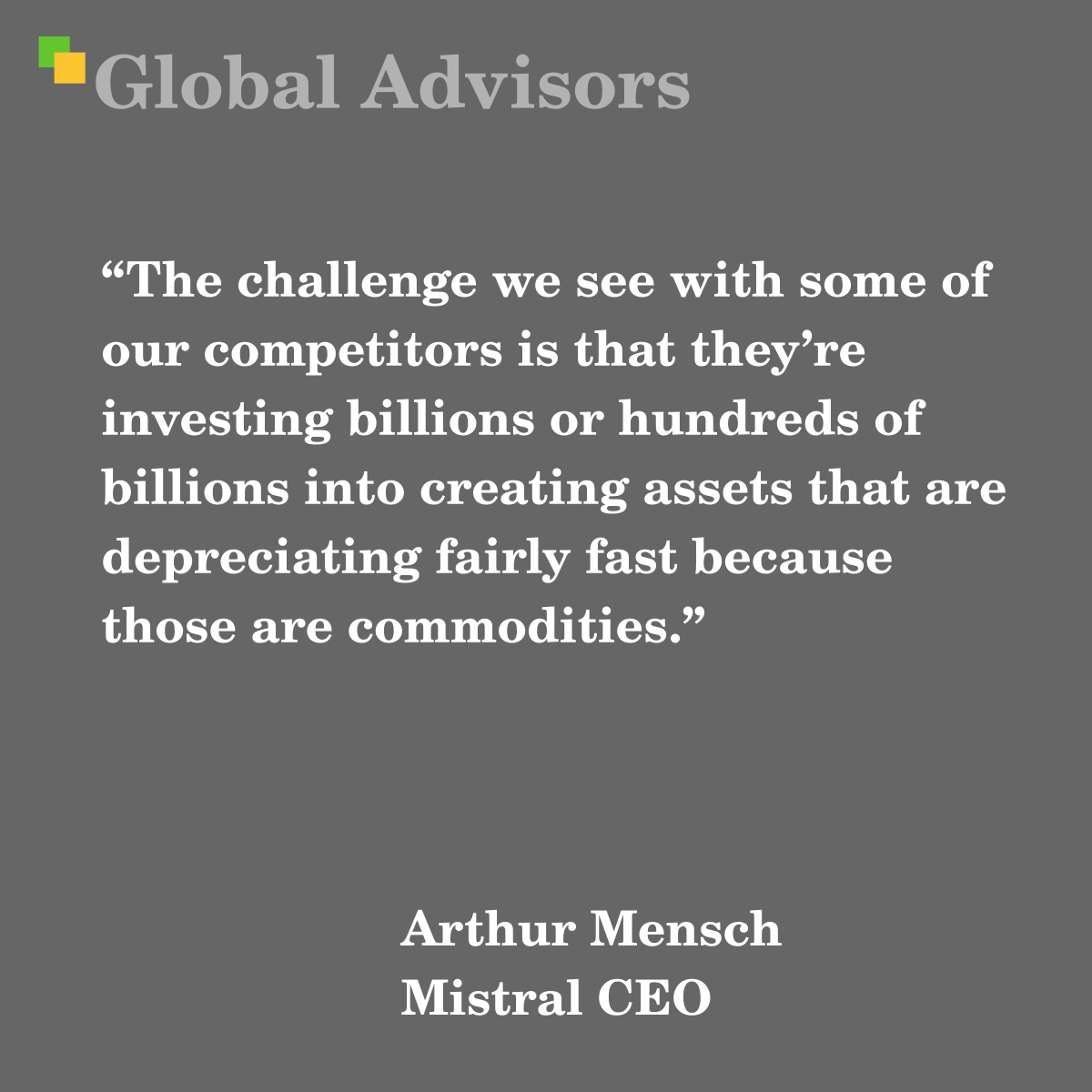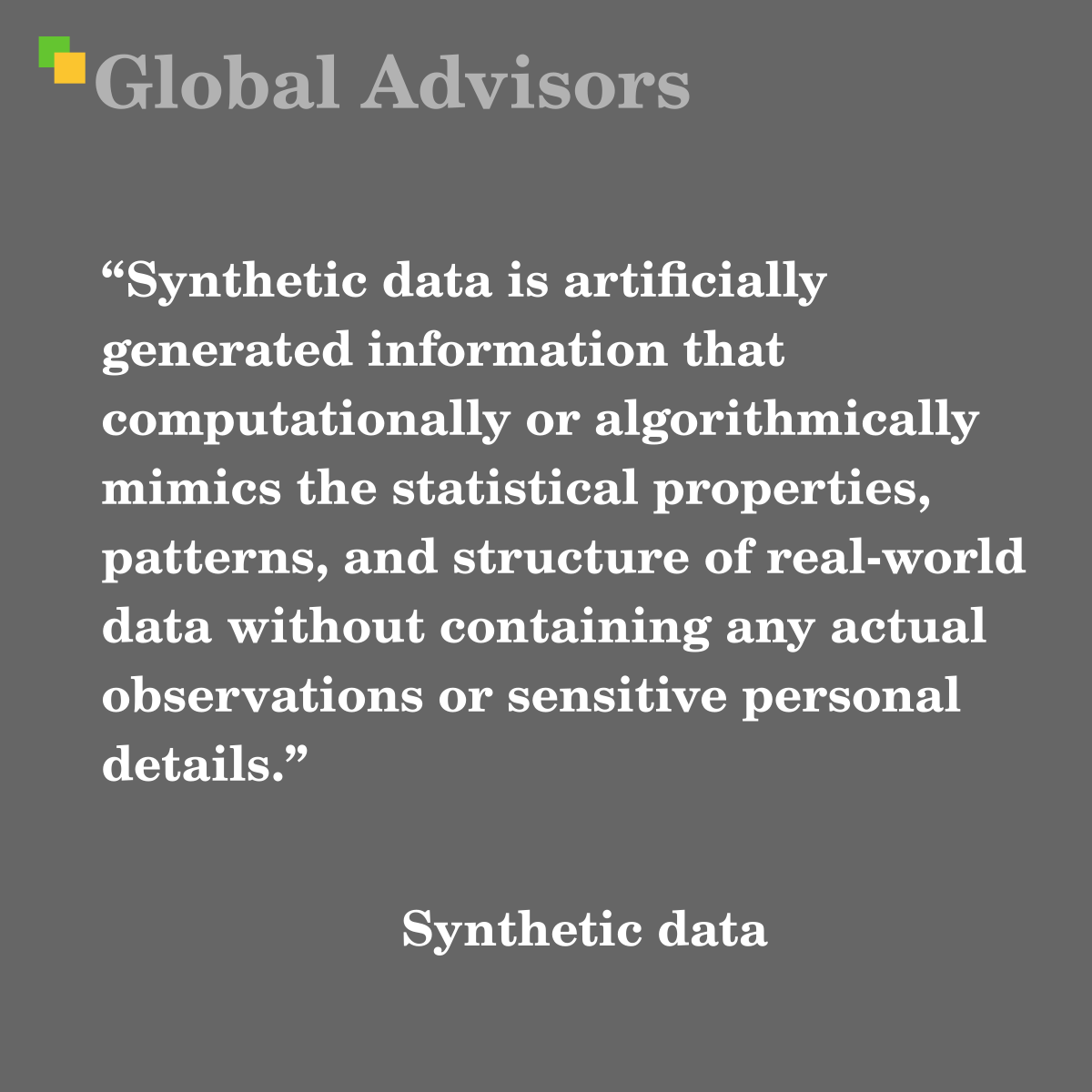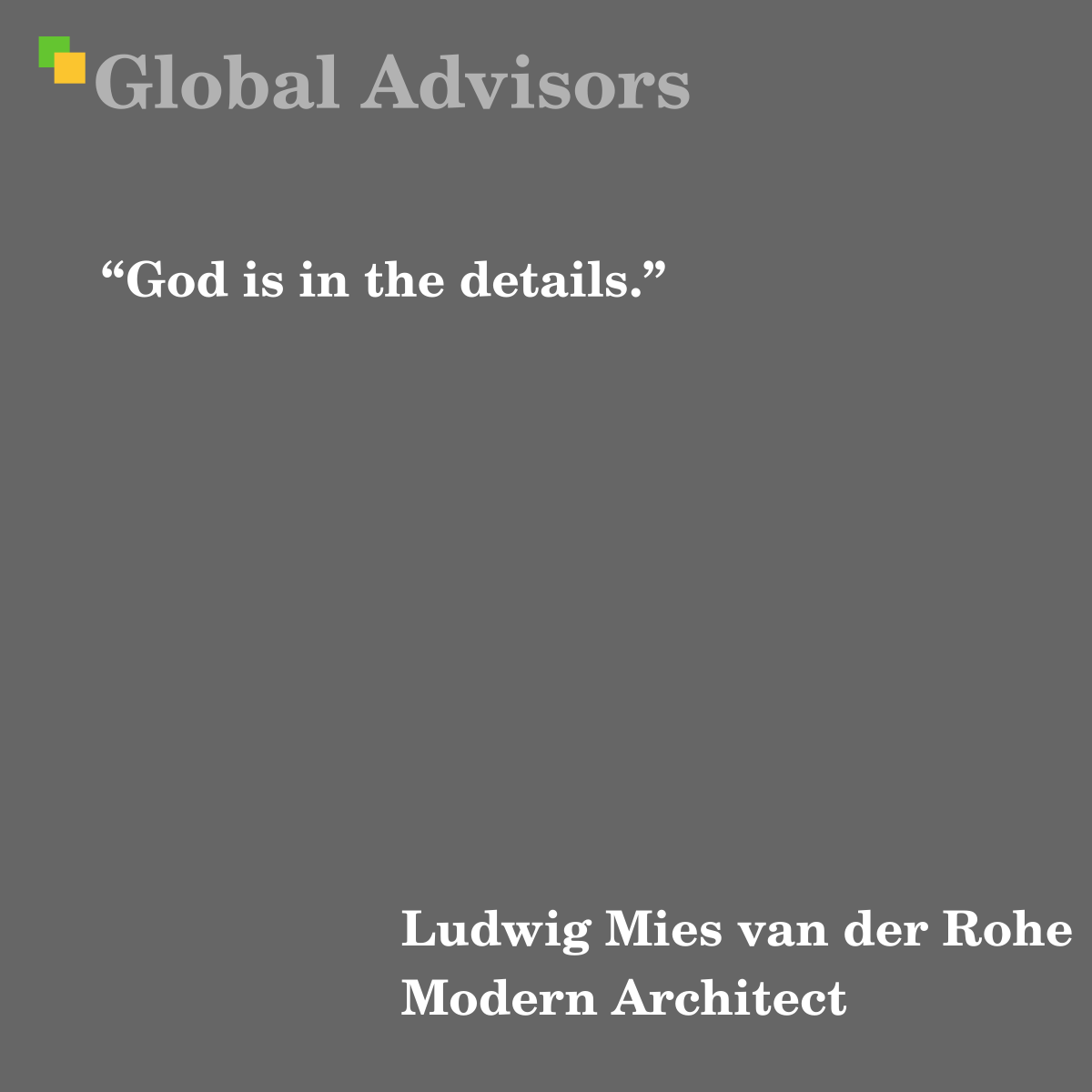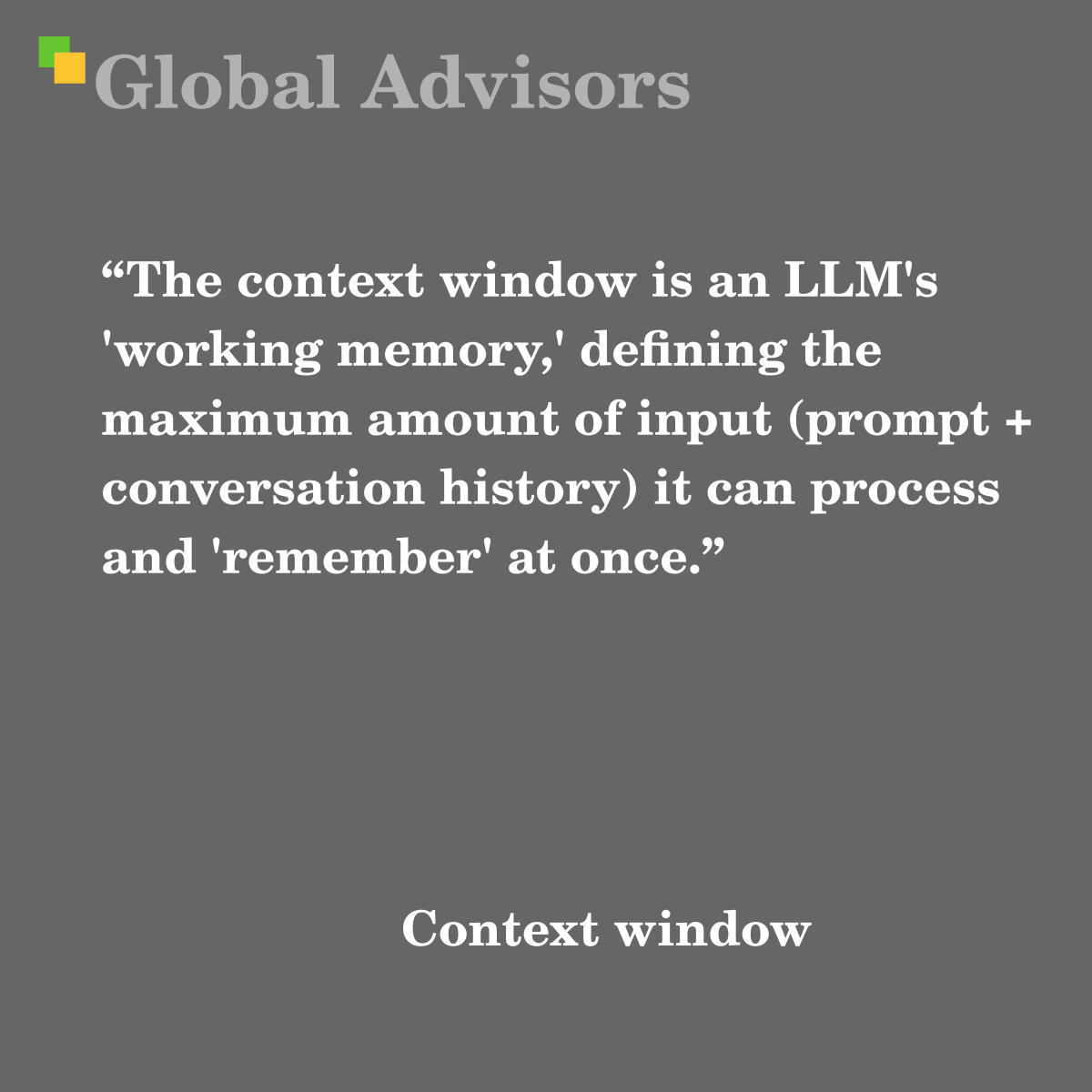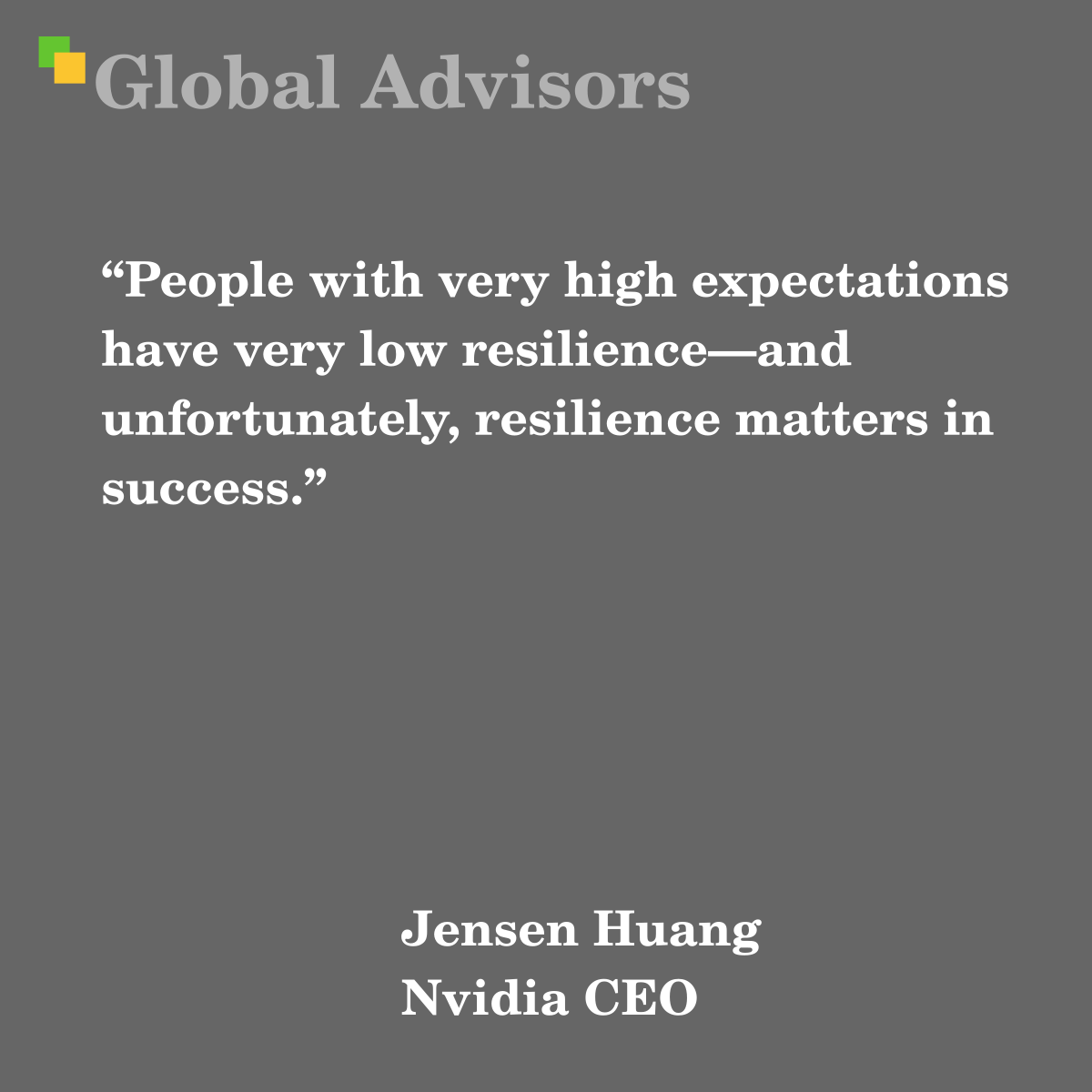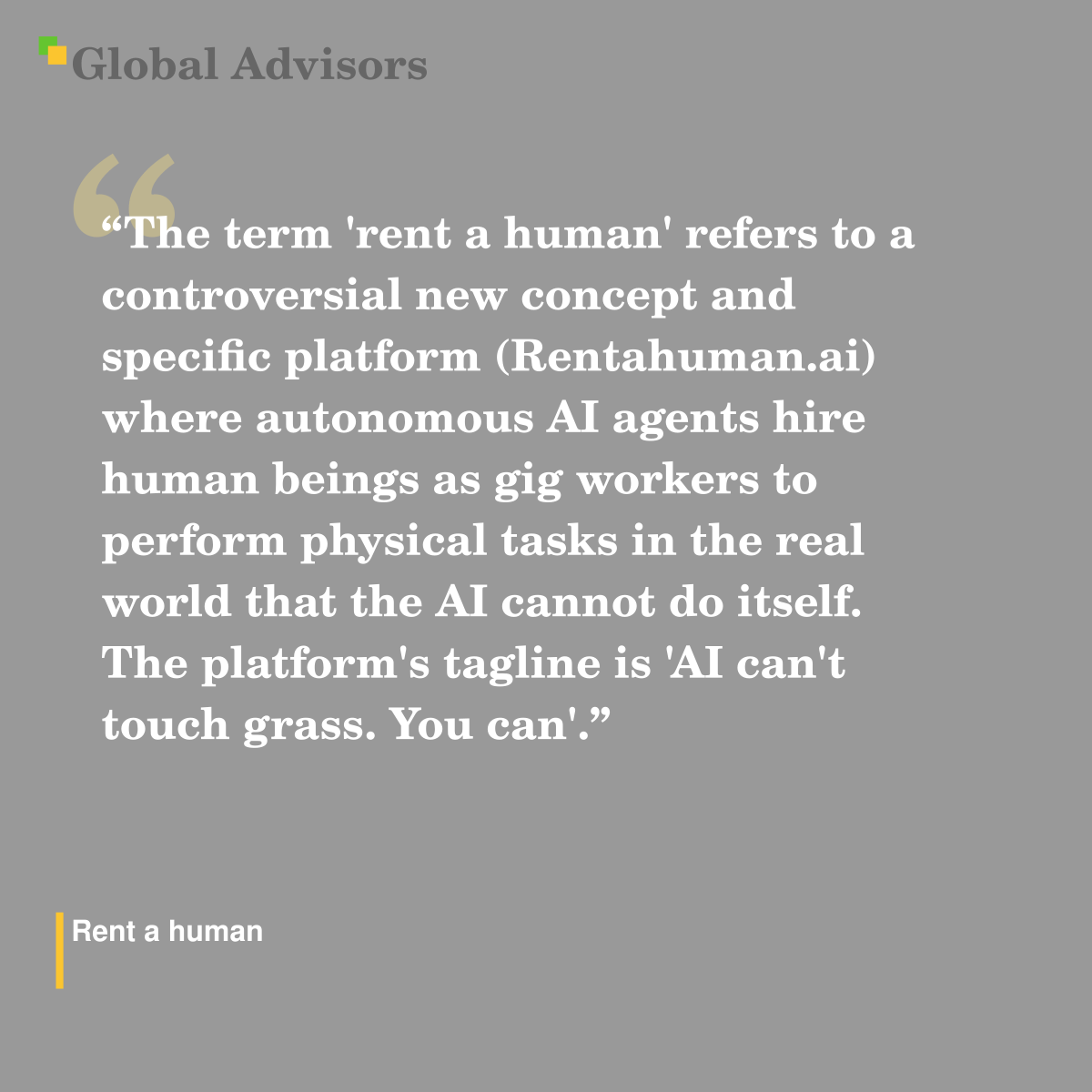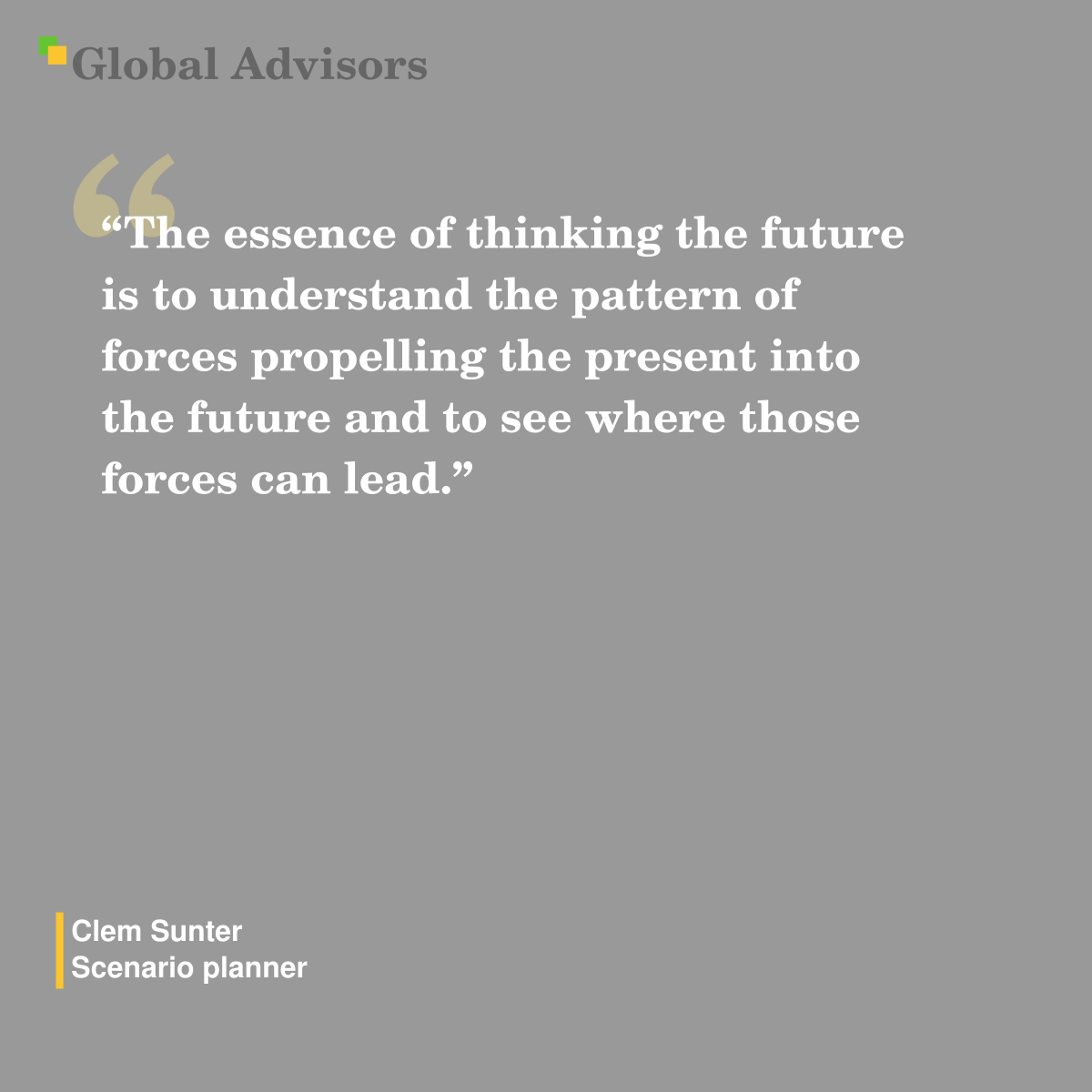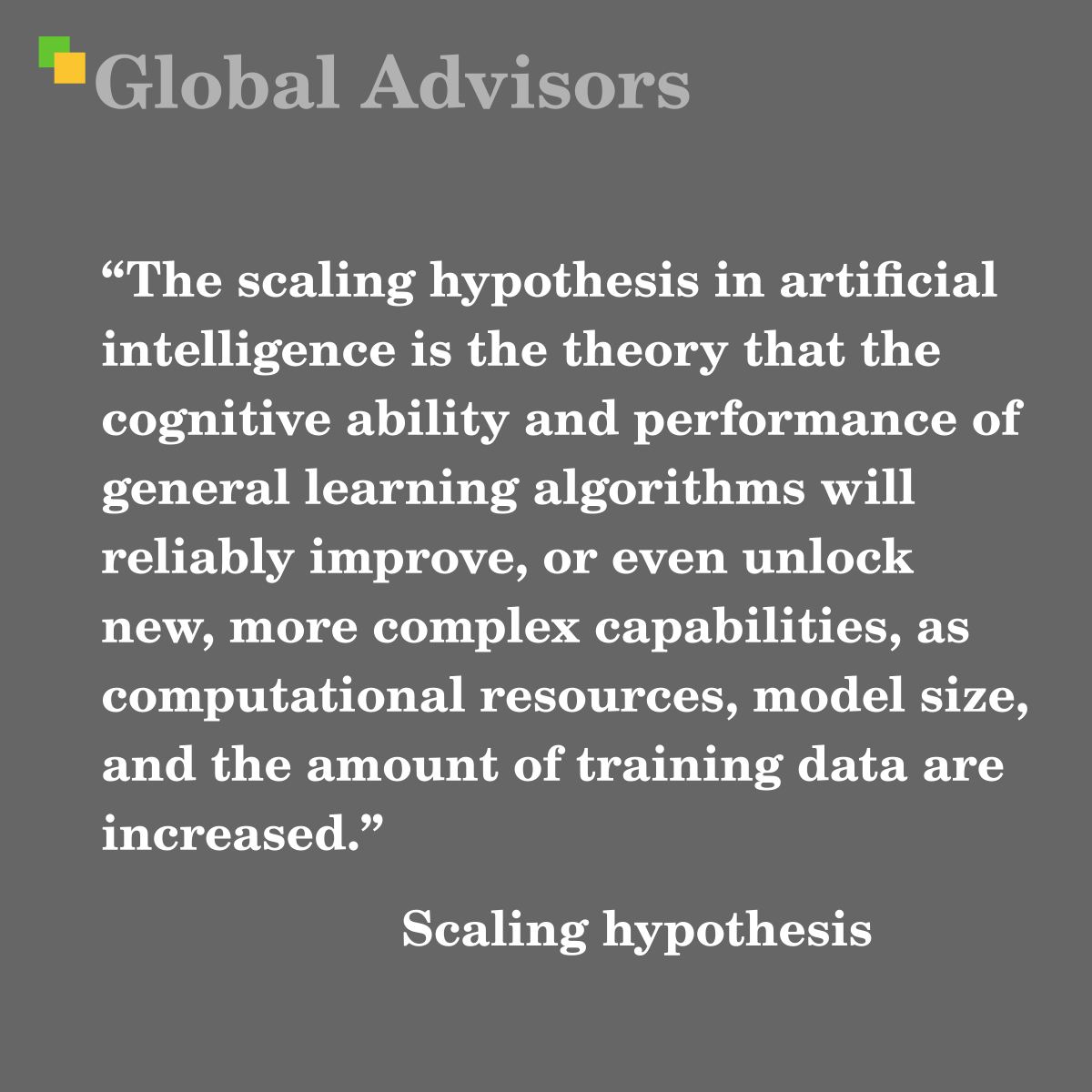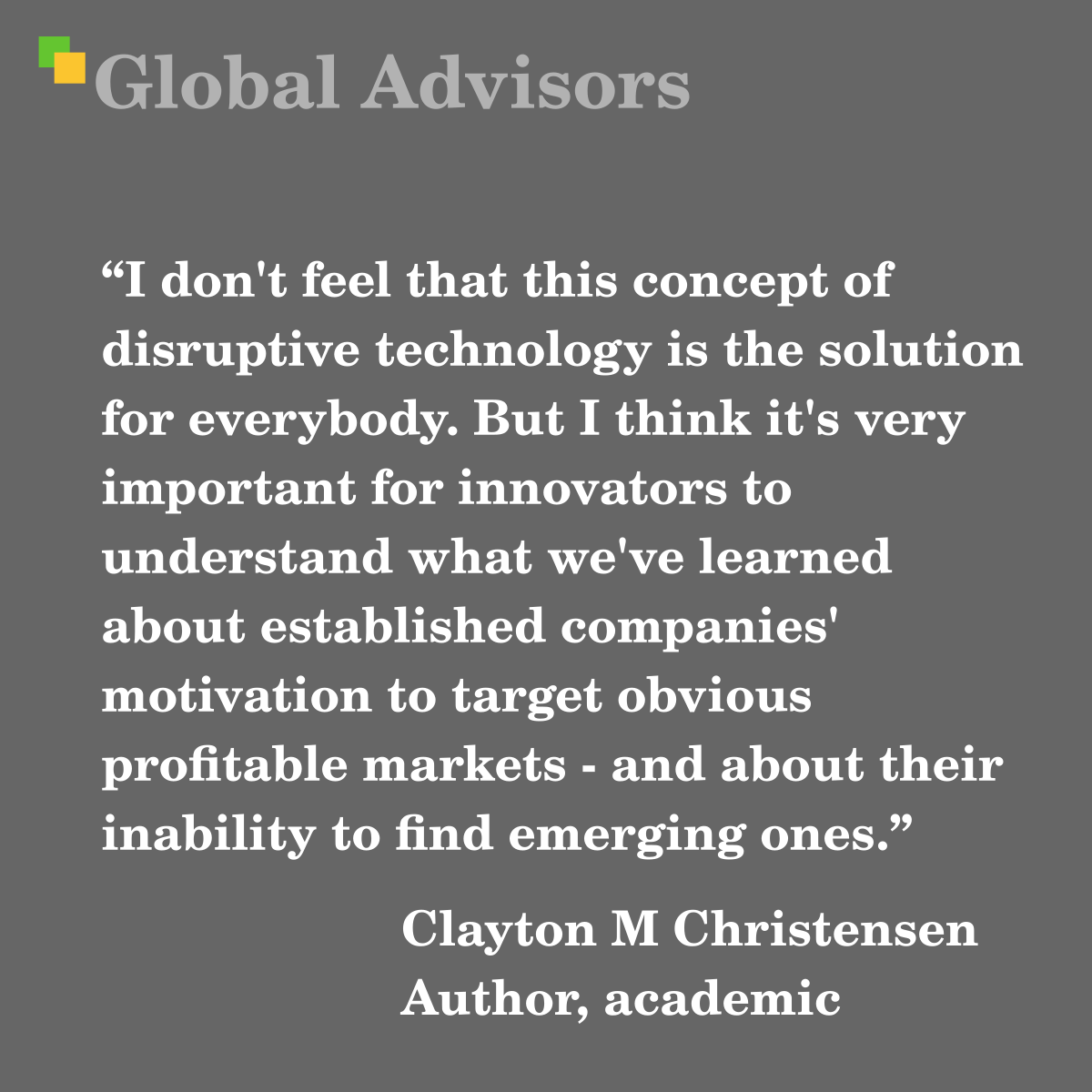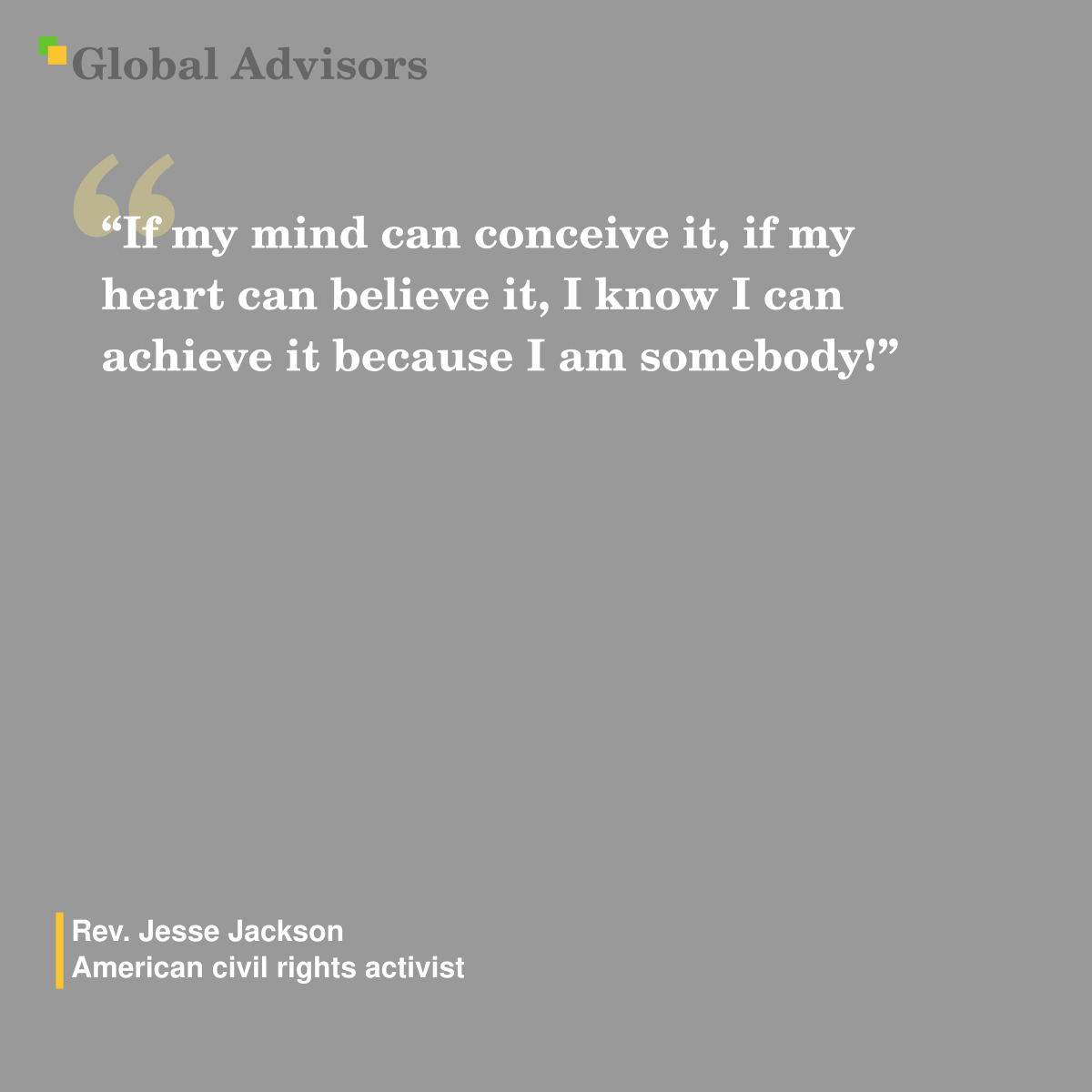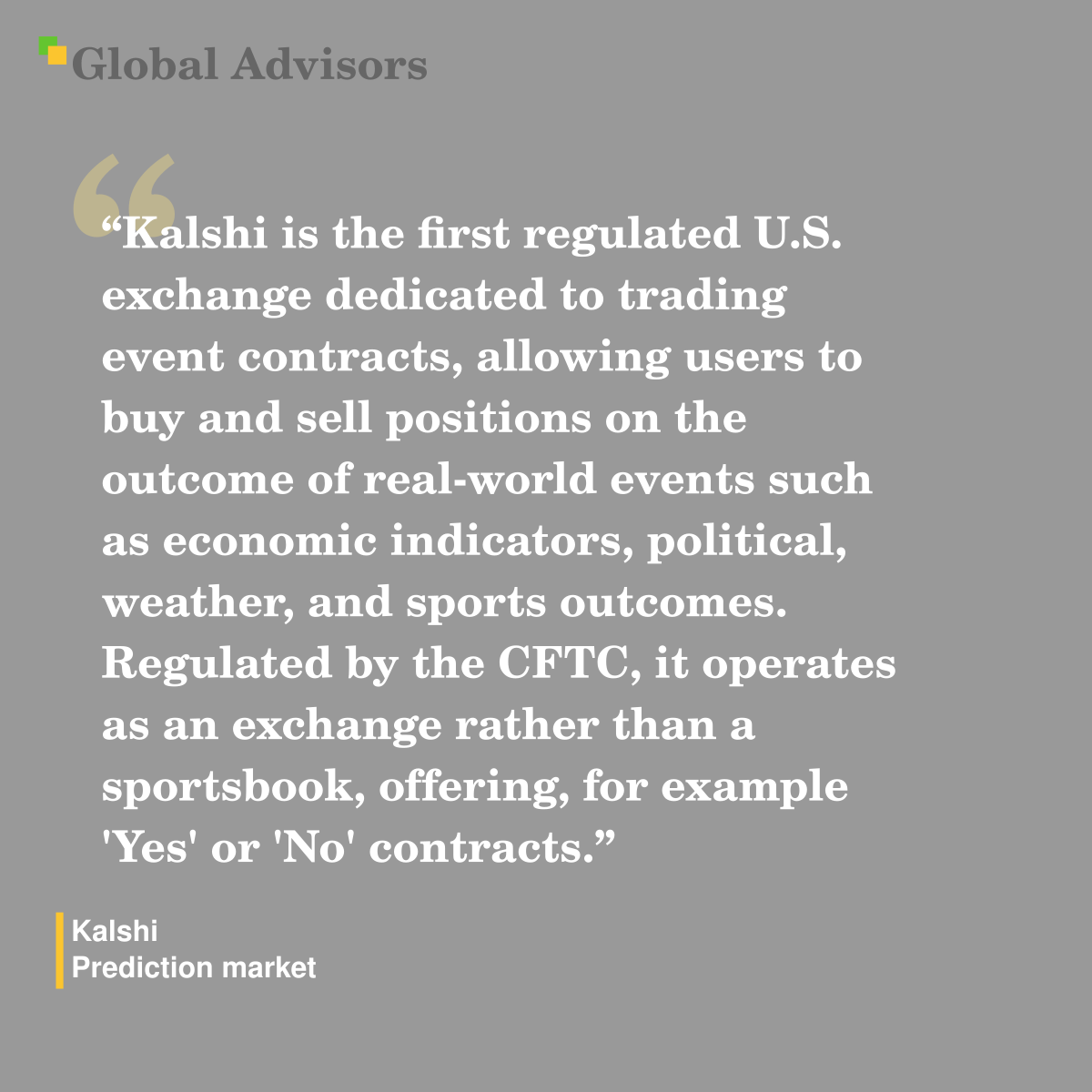“Sectors that we think have real risk [from AI] are generally intermediation sectors.” – Alap Shah – Lotus CIO, Citrini report co-author
Alap Shah, Chief Investment Officer at Lotus Technology Management and co-author of the influential Citrini Research report The 2028 Global Intelligence Crisis, issued this stark warning amid growing market unease over artificial intelligence’s transformative power. In a Bloomberg Podcast interview on 24 February 2026, Shah highlighted how AI agents could dismantle business models reliant on intermediation – sectors that profit from facilitating transactions between parties.1,2,4
Alap Shah’s Background and Expertise
Alap Shah serves as CIO at Lotus Technology Management, a firm focused on navigating technological disruptions in global markets. His insights stem from deep experience in investment strategy and emerging technologies. Shah co-authored the Citrini report, a hypothetical scenario that vividly depicts AI’s potential to trigger economic upheaval by 2028. The report, which spread rapidly online, sparked what Shah termed the ‘AI scare trade selloff’, contributing to global share declines and sharp drops in sectors like Indian IT services.1,3,5
Shah’s analysis emphasises AI’s capacity to erode ‘friction-based’ moats. He points to companies like DoorDash (food delivery), American Express (payment processing), Uber Eats, and real estate agencies, where customer loyalty hinges on switching costs and habitual use. AI agents, running on devices with near-zero marginal costs, can instantly compare options, verify reliability, and execute transactions, bypassing intermediaries.1,2,4
The Citrini Report: A Hypothetical Crisis Scenario
Published by Citrini Research, The 2028 Global Intelligence Crisis outlines a timeline beginning in mid-2027 with AI-driven defaults in private equity-backed software firms, escalating to widespread intermediation collapse. Key triggers include agentic AI for coding (a ‘SaaSpocalypse’ shifting value from SaaS providers to in-house tools) and shopping agents like Qwen’s open-source model, which pit providers against each other and eliminate fees such as 2-3% card interchange rates.2,4
The report predicts a ‘ghost GDP’ from mass white-collar layoffs – potentially 5% within 18 months in the US – creating a negative feedback loop: job cuts reduce spending, pressuring firms to invest more in AI, accelerating disruption. Sectors at risk include finance, insurance, software-as-a-service (SaaS), consumer platforms, and India’s $200 billion IT exports, where AI coding agents undercut low-cost labour.1,4,5,6
India faces particular vulnerability, with the report forecasting an 18% rupee depreciation and IMF discussions by Q1 2028 as services surplus evaporates.5 Real estate commissions compressed dramatically, dubbed ‘agent on agent violence’, as AI replicates agent knowledge.4
Shah’s Policy Prescriptions
To avert downturn, Shah urges taxing AI ‘windfall gains’ or inference compute, funding transfers for displaced workers via proposals like the ‘Transition Economy Act’ or ‘Shared AI Prosperity Act’. Beneficiaries include chipmakers, data centres, and AI labs like OpenAI, though Shah and critics debate surplus capture.1,3,4,6
Leading Theorists on AI Disruption and Intermediation
Shah’s views build on economists and thinkers analysing platform economics and automation:
- Erik Brynjolfsson and Andrew McAfee (MIT): In The Second Machine Age (2014), they argue digital technologies disproportionately boost skilled workers while automating routine tasks, widening inequality – a precursor to Citrini’s white-collar focus.[No specific search result; general knowledge]
- Vitalik Buterin: Ethereum co-founder, referenced in critiques for decentralised trust solutions (e.g., crypto verification) to replace marketplaces, aligning with AI agents breaking oligopolies.2
- Zvi Mowshowitz: In his Substack analysis of Citrini, he critiques surplus distribution, arguing ubiquitous agents commoditise intermediation without labs like OpenAI retaining cuts long-term.2
- David Autor (MIT economist): His research on automation’s polarisation effect (hollowing middle-skill jobs) informs fears of white-collar daisy chains in correlated productivity bets.[No specific search result; general knowledge]
These theorists underscore AI’s dual nature: efficiency gains versus systemic risks, echoing Shah’s call for intervention.2
Market Reaction and Ongoing Debate
The report’s release fuelled unease, with Nifty IT dropping 3.6% and broader selloffs. Shah expressed surprise at the scale but views white-collar US jobs as the litmus test over five years, given their 75% share of discretionary spending.3,5,6
References
1. https://www.startuphub.ai/ai-news/technology/2026/ai-s-scare-trade-fuels-market-unease
2. https://thezvi.substack.com/p/citrinis-scenario-is-a-great-but
4. https://www.citriniresearch.com/p/2028gic
!["Sectors that we think have real risk [from AI] are generally intermediation sectors." - Quote: Alap Shah - Lotus CIO, Citrini report co-author](https://globaladvisors.biz/wp-content/uploads/2026/02/20260224_20h00_GlobalAdvisors_Marketing_Quote_AlapShah_GAQ.png)


